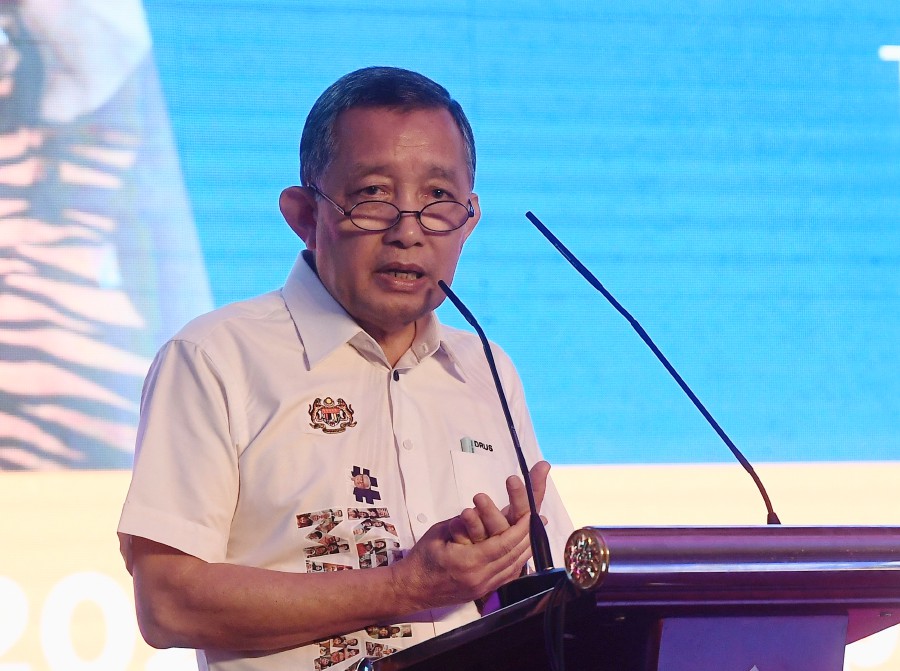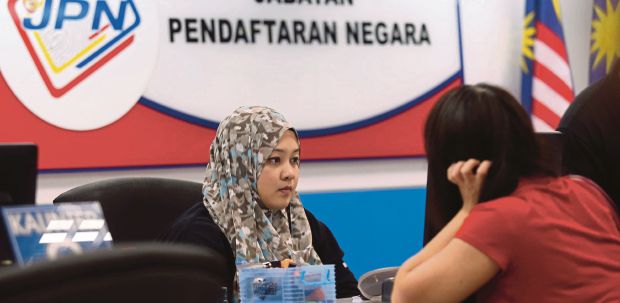PUTRAJAYA: Another option to resolve the citizenship issue involving children born abroad to Malaysian mothers with foreign spouses is to amend the Second Schedule of the Federal Constitution.
Attorney-General Tan Sri Idrus Harun said this amendment has to be made by the government.
"It is for the government, not me (to propose the amendment," he told reporters after attending the Keluarga Malaysia Simposium: Achievements and Aspirations here today.
Idrus was asked to comment if he would table a proposal for the Second Schedule to be amended.
He, however, declined to take any more questions from the press on the matter.
Earlier this month, the Court of Appeal (COA) had allowed the bid by the government to overturn a landmark ruling at a lower court, which said that children born overseas to Malaysian mothers with foreign spouses were entitled to Malaysian citizenship.
Two of the three judges who sat in the COA had ruled that the word "father" in the Second Schedule, Part II, of the Constitution meant the biological father and cannot be extended to include the mother or parents.
Earlier during his presentation at the Keluarga Malaysia and Challenges in Legislations segment, Idrus said children born abroad to Malaysian mothers with spouses, who are not Malaysian citizens, can still apply to be a Malaysian although they were unable to get the citizenship automatically by operation of law.
Idrus, however, conceded that the process to apply for the citizenship could take longer.
"I would like to stress here that although children born abroad to Malaysian mothers with foreign spouses cannot be a (Malaysian) citizen automatically by operation of law, the children can still do so by registration," he said.
Idrus said he had also been asked on the policy involving citizen adopted in Singapore, Brunei and Indonesia.
As for Singapore, he explained a person can have a dual citizenship until they reach the age of 21.
He said Malaysia does not recognise dual citizenship, and the policy adopted in Brunei was identical to that in Malaysia.






